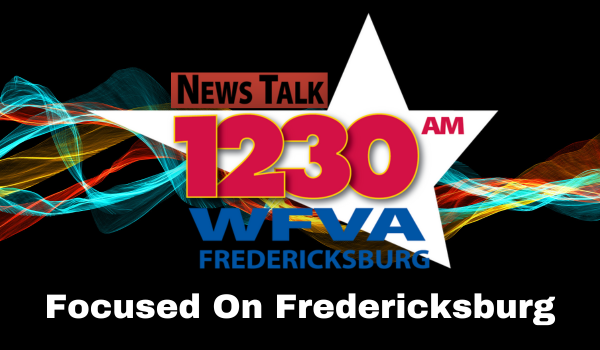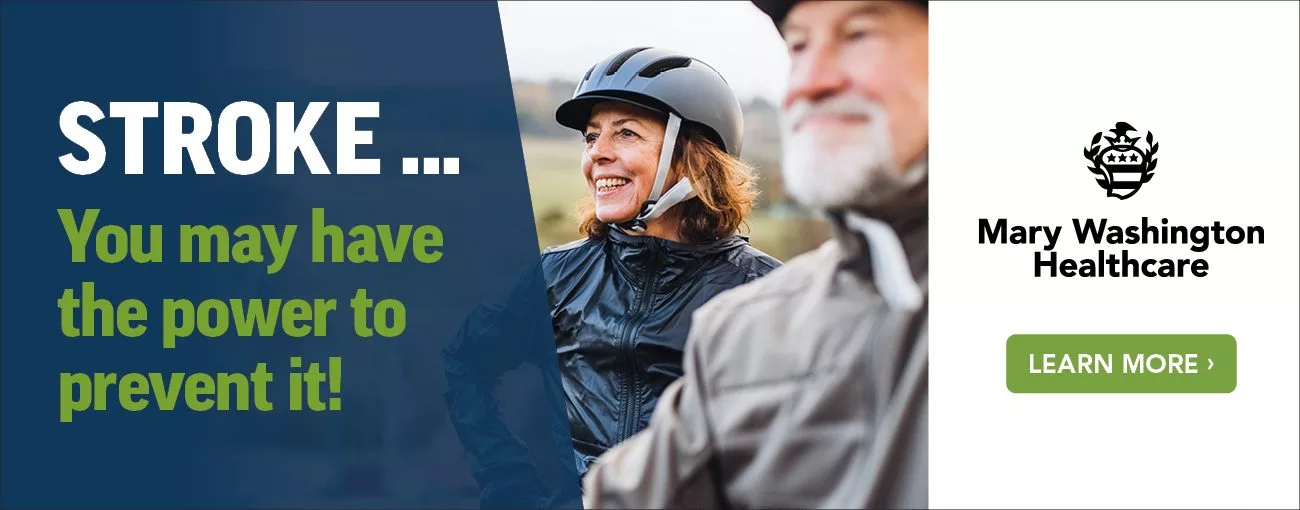What is a stroke?
A stroke is a medical emergency that occurs when blood flow to the brain is interrupted, either by a blockage or a burst blood vessel.
There are two kinds of stroke: ischemic stroke and hemorrhagic stroke. An ischemic stroke occurs when there is a blood clot, blocking oxygen from flowing. A hemorrhagic stroke occurs when a blood vessel bursts, blocking oxygen to the cells.
What causes stroke?
A stroke can happen in both males and females but occurs more in males. As you age, you are at a higher risk for having a stroke. People over the age of 50 who have other medical conditions can be at even higher risk.
80% of strokes that we see are due to a blood clot and a lot of these blood clots are from atrial fibrillation. When someone has atrial fibrillation, the blood pools in the heart and forms a clot, which can then go to the brain and cause a stroke.
Also, if you have a family history of clotting, especially those under the age of 50, you’re going to be at increased risk of having a stroke, especially if there’s a genetic condition that runs in your family. Other stroke risk factors include hypertension, diabetes, smoking, high cholesterol, auto-immune conditions, stress, dehydration, and alcoholism.
Preventing Stroke
Many people believe that stroke only occurs in the elderly and cannot be prevented. Both are myths! Stroke can occur at any age, and there are risk factors that you can control.
Top five ways to prevent stroke:
1. Control high blood pressure: the #1 way to prevent stroke! Levels higher than 120/80 can put you at risk.
2. Eat healthy: fruits, veggies, and whole grains make a difference.
3. Stay active: exercise keeps your heart strong. Aim for 30 minutes a day at least five days a week. Always check with your doctor before starting an exercise program.
4. Watch your cholesterol: keep arteries clear and blood flowing. An LDL of 100 or less is optimal and a total cholesterol of less than 200 is desirable.
5. Maintain a healthy weight: every step counts!
Here are some other ways you can reduce your risk of stroke:
• Stop smoking: If you smoke, stop. Smoking nearly doubles your risk for stroke.
• Manage your diabetes: Manage diabetes closely to avoid complications that could result in a stroke.
• Limit alcohol consumption: Excessive alcohol consumption can increase blood pressure, so no more than two drinks per day!
• Get treatment for atrial fibrillation: Tell your doctor if you experience heart palpitations. An irregular heartbeat, called atrial fibrillation (Afib), can lead to blood clot formation and increase your risk for stroke by nearly 500%!
• Get treatment for TIA (Transient Ischemic Attacks): TIA symptoms, “mini strokes” are just like a stroke but may come and go. Having a TIA can be a sign that something is wrong. Call your doctor immediately!
What are the symptoms of a stroke?
To recognize the signs of a stroke, follow the mnemonic “BEFAST” and look for the following symptoms:
• Balance – Not walking straight or walking wobbly.
• Eyes – Blurry vision or experiencing double vision.
• Face – Drooping of the face
• Arm – Weakness in the arm or leg on one side of the body
• Speech – Slurring, mispronouncing, or jumbling of words.
• Time – A stroke can occur within a minute, call 911 immediately.
A stroke can occur anytime, anywhere. While 30% of strokes occur while sleeping, you can experience a stroke at the grocery store or while driving. If you or someone around you is experiencing a stroke, it’s imperative for the patient to get medical help as soon as possible. The sooner you recognize the signs, the better the chance of stroke survival.
It is common to mistake a stroke for a heart attack, but there are different symptoms. A stroke affects your body by making it weak, numb, or tingly with no pain. Heart attacks will affect your chest and jaw and will be painful.
Mary Washington Healthcare Advanced Stroke Care
Mary Washington Hospital has been certified as a Primary Stroke Center by the Joint Commission since 2009 and provides stroke patients with the highest level of treatment and services according to national standards.
Stafford Hospital earned The Joint Commission designation as an Acute Stroke Ready Hospital in 2024. This esteemed recognition signifies the hospital’s commitment to providing high-quality, timely care for stroke patients, marking a significant milestone in the ongoing effort to serve our community’s health needs.
We are dedicated to maintaining this quality stroke care across the health system with education and prevention programs and continuum of care from hospitalization through rehabilitation. You will be evaluated, treated, and will recover under the care of an interdisciplinary team of healthcare professionals trained to ensure that each stroke patient receives the highest level of care.
We have also earned a Gold Honor Roll Elite Stroke Plus award from the American Heart Association, signifying that our facility can give tPA, a clot-busting medication, to 85% of patients in less than 60 minutes. Refer to Stroke.mwhc.com for more information.








